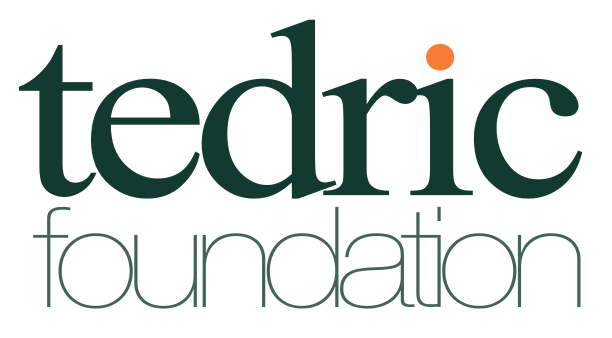Africa Politics
African politics are diverse and dynamic, marked by a mix of democratic progress and democratic backsliding, with ongoing trends of coups, civil conflicts, and challenges to good governance like corruption and poor service delivery, alongside a resilient public demand for accountability. While progress has been made in establishing democratic institutions since the 1990s, the ongoing volatility and instability highlight the challenges of consolidating gains and the need for approaches that address structural issues like poverty, climate change, and the creation of employment for a growing youth population.
Key Trends in African Politics
- Democratic Backsliding and Volatility:
- Following the "third wave of democracy" in the 1990s, many African nations have experienced a reversal of democratic gains, with coups, civil conflicts, and the erosion of civil liberties becoming more common.
- Challenges to Governance:
- Citizens often face a gap between their aspirations for democratic and accountable governments and the reality of poor service delivery, corruption, and official impunity.
- Impact of Unconstitutional Changes:
- Coups and other unconstitutional changes of government have significantly affected the quality of representation and democratic consolidation across the continent.
- Economic and Social Challenges:
- Persistent issues like poverty and the effects of climate change fuel social frustration, while the need for employment opportunities for a young population requires efforts to foster economic growth.
- Regional Divergence:
- There is significant diversity across the continent, with different countries experiencing varying degrees of success in reconciliation after conflicts or consolidating democracy, making it important to analyze individual situations.
Factors Contributing to Political Trends
- Democratic Consolidation:
- The ongoing challenges of consolidating democratic systems are evident in the struggle to maintain consistent progress in political rights and civil liberties.
- Persistent Conflict:
- Conflicts and unrest remain a significant aspect of politics in some countries, though others have achieved success in national reconciliation.
- Institutional Weaknesses:
- Weak governance, a lack of accountability, and insufficient pushback from regional and international bodies contribute to the challenges of good governance.
- Youth Demographic:
- A large youth population requires effective job creation and skills development to prevent dependency and ensure productivity, making employment a critical political issue.
Ways to Understand African Politics
- Area Studies Approach:
- Analyzing the specific political situations of individual countries is essential due to the significant differences in political and economic contexts across the continent.
- Focus on Both Progress and Challenges:
- While progress in democratic reforms is notable, a balanced perspective must also acknowledge the ongoing volatility, democratic backsliding, and institutional challenges.
- Consideration of External and Internal Factors:
- Understanding the interconnectedness of global economic orders, international interventions, and internal societal factors is crucial.
